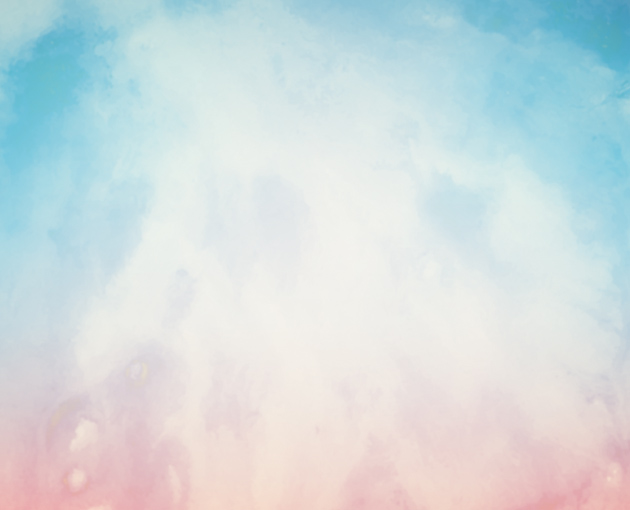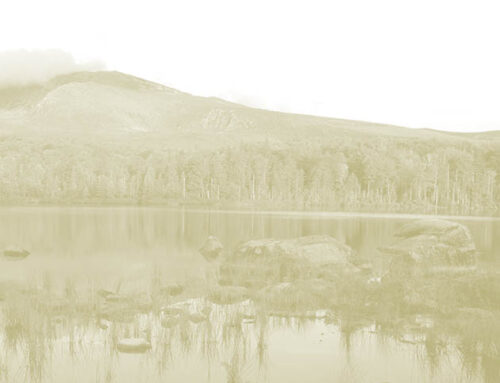“We are made in the image and likeness of the Creator of all things and as such, we share in His creative power. Man is, in effect, as J.R.R. Tolkien put it, a sub-creator.”
– Deacon Lawrence Klemecki 1
What is it, exactly, that precedes a human act of creativity? Was the brilliance of Beethoven’s haunting Moonlight Sonata born from the anguish of unrequited love? How could the same attributes that once deemed Tchaikovsky’s Piano Concerto No. 1 technically unplayable now make it most beloved?
We are tempted to think that the creativity of the classic musicians was a flash of human genius that rose to the surface and spilled out at the most opportune moment. But in fact, many creatives struggle to finish their work as they envision it to be. It took Lin Manuel Miranda seven years to write his overnight success, Hamilton.
Whether one’s award-winning song took ten minutes or ten years to complete, its origin was the creative capacity put within each of us by our Creator. Genesis 1:26 teaches that every person is made in God’s image; Ecclesiastes 3:11 says, “He has also set eternity in the human heart.”
In his online article, Creator and Sub-Creator (Part II), internationally acclaimed artist and writer Lawrence Klimecki (an ordained Catholic Deacon) states:
“We all share in the creative power of God… Man, then, draws wisdom and light from the Creator, and redirects it into new forms guided by his imagination. Though we have fallen from God’s grace we are redeemed through the sacrifice of Christ and still participate in God’s creative power, enjoying the right to imitate Creation.” 2
Every human being is connected to the Creator—with the gift of creativity being an inherent part of that connection. Because of this, every person who has breath is a sub-creator.
Some might say that creativity is only an expression of self. But Pastor April Yamasaki, author of Spark: Igniting Your God-Given Creativity, says that self-expression is only part of our creative collaboration:
“In a larger sense, creativity is about reflecting the image of God to the world. Just as the created world points us to the Creator, so human creativity also points us to God—inviting wonder, inspiring us to look beyond ourselves, giving us a glimpse of glory. This holds true even when our creative expressions are born of pain and heartache… they may move us in unexpected and beautiful ways. As we reflect God to the world—in beauty and in struggle—we have enormous opportunity for creativity and to do good.” 4
by RJ Flower-Opdycke
“Man is a creative being, he shares in the creative power of God. We cannot create as God does, that is, ex nihilo, out of nothing. But we can reshape the stuff of the world into new and wondrous forms, in imitation of the Creator of all things. In our creativity we mirror the created world, we accentuate the mark the Creator has left on His creation, we highlight the spiritual relationship that still exists between God and man.” – Deacon Lawrence Klimecki 3
“Man, Sub-creator, the refracted light through whom is splintered from a single White to many hues, and endlessly combined in living shapes that move from mind to mind.”
– J.R.R. Tolkien 5
1 “Creator and Sub-Creator, Part I,” Feb. 21, 2018, deaconlawrence.org
2 “Creator and Sub-Creator, Part II,” Feb. 21, 2018, deaconlawrence.org
3 Ibid.
4 “Find Your Creative Voice,” Christianity Today, Nov. 2018, christianitytoday.com
5 Tree and Leaf, Boston, Houghton Mifflin, 1989






